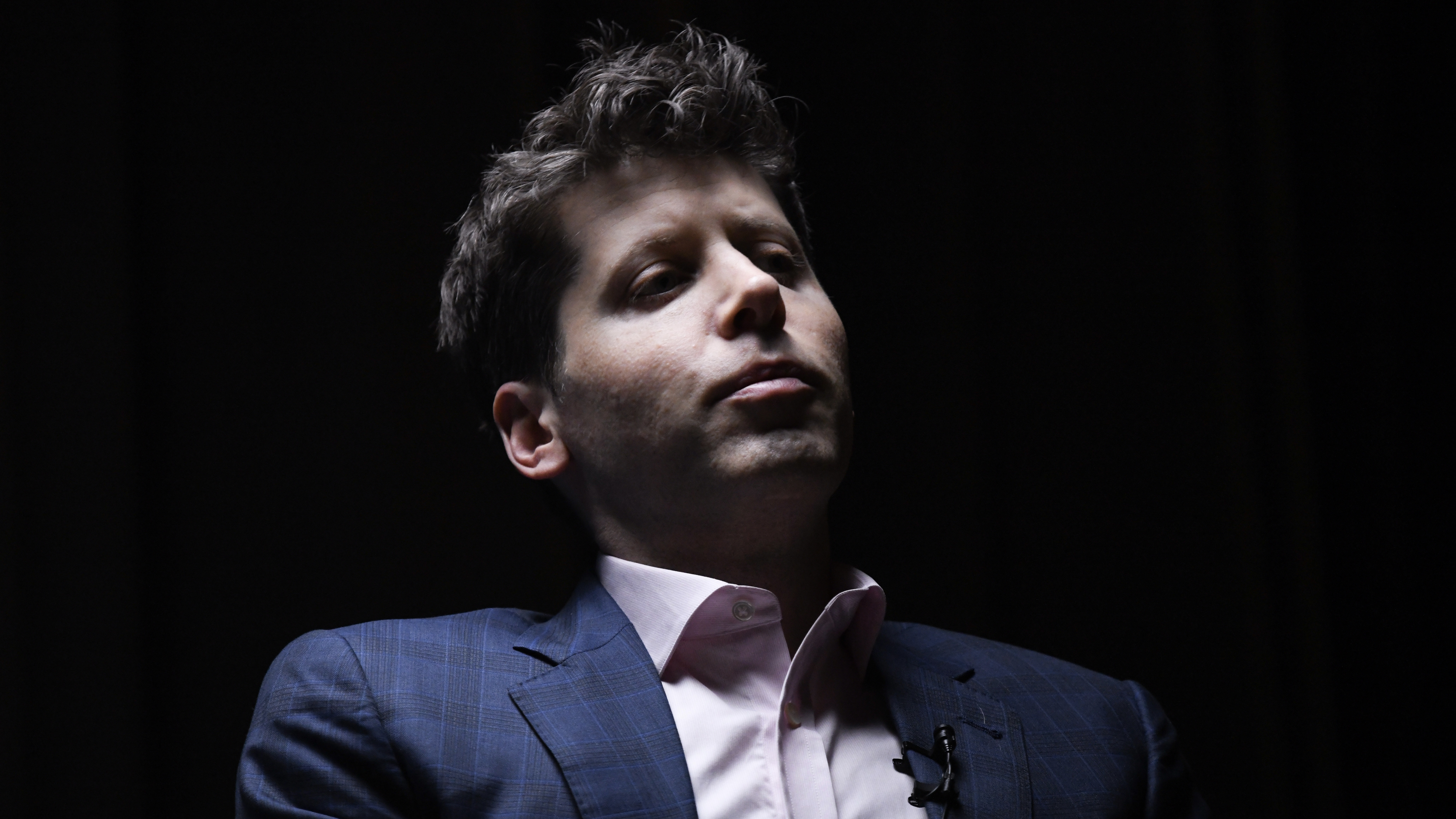Why OpenAI is fighting a losing battle with in-house chips
OpenAI could be set for a showdown with the likes of Nvidia with its in-house chips move

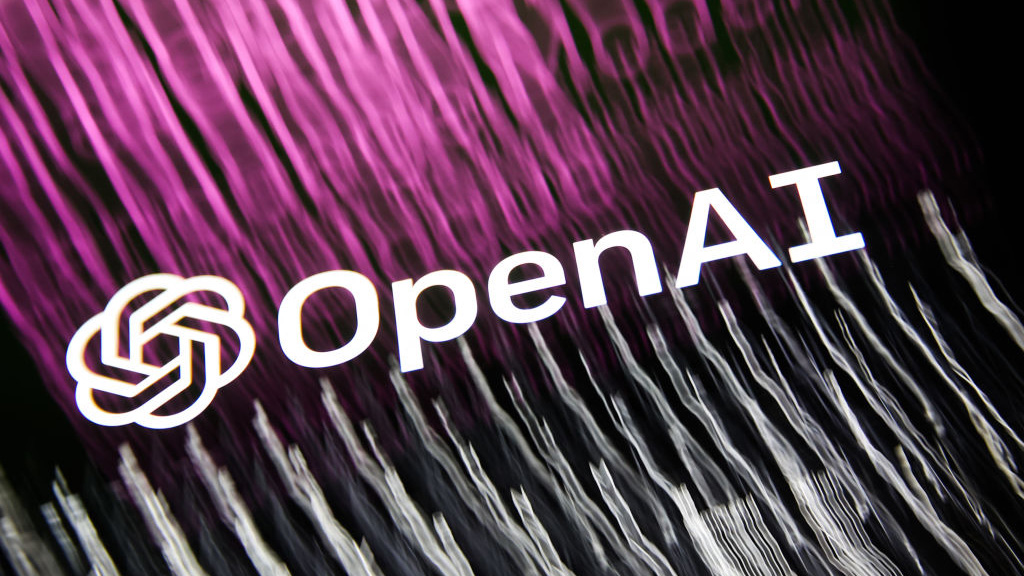
A move from OpenAI to develop in-house chips could present significant logistical and financial challenges for the generative AI firm, according to industry experts.
The firm has reportedly been assessing its options when it comes to chip supplies as part of a combined approach to support expansion plans and alleviate the pressure of global chip supply issues.
Reuters reported that the firm, known for the chatbot ChatGPT as well as generative AI models such as GPT-4 and DALL-E, has gone as far as considering an acquisition of an existing semiconductor company to jump-start production efforts.
Alex White, GM EMEA at AI firm SambaNova Systems, said that while OpenAI could benefit from decreased reliance on Nvidia if it had its own chips, manufacturing is an uphill process that takes many years.
“There’s a clear advantage to owning the whole stack from hardware to software - including the models that run on top. But designing and manufacturing chips doesn't happen overnight, it requires huge levels of expertise and resources that are in increasingly short supply.
“It took OpenAI over five years to develop GPT-4, which may be too long to wait for customers. I wouldn’t be surprised if hardware took a similar amount of time.”
OpenAI’s operational costs are extremely high, with CEO Sam Altman having once described them as “eye watering”. Although it is a leader in the rapidly growing generative AI market, it also has been forced to bear the rising costs of building generative AI platforms.
Sign up today and you will receive a free copy of our Future Focus 2025 report - the leading guidance on AI, cybersecurity and other IT challenges as per 700+ senior executives
The firm has released a number of premium tiers over the past year including ChatGPT Plus and its API for Businesses to generate funds. But inference on in-house chips could work to slash costs substantially and tap into AI chips revenue down the line.
“OpenAI is trying to reinvent itself as an enterprise business, and that requires the ability to be able to fine-tune or build bespoke large language models - and we all know that training models require vastly more compute power than running the models,” White added.
A number of big tech firms use Nvidia’s chips, which are among the most powerful on the market and have acquired a reputation as reliable hardware backing for AI systems.
In recent months, the firm has partnered with Dell on its managed AI platform, worked to integrate its Nvidia NeMo framework with Snowflake Data Cloud, and will collaborate with VMware on its private AI offering.
Microsoft used an array of Nvidia’s H100 chips to help OpenAI train its most recent AI models, and in 2022 both firms announced plans to create one of the world’s most powerful supercomputers, specifically for AI training.
RELATED RESOURCE
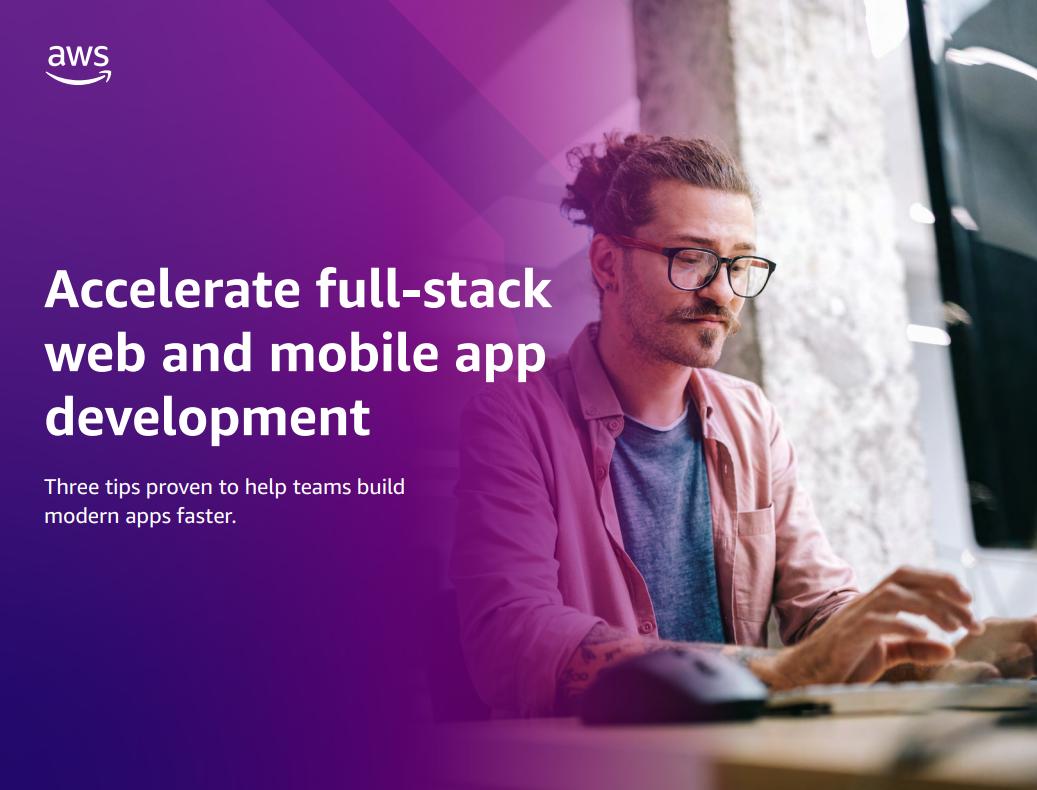
Discover the three pathways customers use to generate business value from AWS for their modern applications
DOWNLOAD FOR FREE
OpenAI is not the first big name in AI to mull a move to in-house silicon. In May, a Bloomberg report stated that Microsoft was looking into producing its own chip, codenamed ‘Athena’, to cut operational costs.
White noted that OpenAI could benefit from similar savings through its own chips, but that the road to getting there would be far from easy.
Rival chip designers have laid out plans to compete with Nvidia in the coming years, with Intel targeting AI hardware dominance by 2025 and Google claiming its AI chips are faster and more energy efficient.
ITPro has approached OpenAI for comment.

Rory Bathgate is Features and Multimedia Editor at ITPro, overseeing all in-depth content and case studies. He can also be found co-hosting the ITPro Podcast with Jane McCallion, swapping a keyboard for a microphone to discuss the latest learnings with thought leaders from across the tech sector.
In his free time, Rory enjoys photography, video editing, and good science fiction. After graduating from the University of Kent with a BA in English and American Literature, Rory undertook an MA in Eighteenth-Century Studies at King’s College London. He joined ITPro in 2022 as a graduate, following four years in student journalism. You can contact Rory at rory.bathgate@futurenet.com or on LinkedIn.
-
 Will autonomous robotics leap forward in 2026?
Will autonomous robotics leap forward in 2026?In-depth Connectivity and cost benefits remain barriers, despite breakthroughs in physical AI
-
 AWS and NTT Data team up to drive legacy IT modernization in Europe
AWS and NTT Data team up to drive legacy IT modernization in EuropeNews Partnership between AWS and NTT DATA aims to boost AWS European Sovereign Cloud capabilities
-
 ‘In the model race, it still trails’: Meta’s huge AI spending plans show it’s struggling to keep pace with OpenAI and Google – Mark Zuckerberg thinks the launch of agents that ‘really work’ will be the key
‘In the model race, it still trails’: Meta’s huge AI spending plans show it’s struggling to keep pace with OpenAI and Google – Mark Zuckerberg thinks the launch of agents that ‘really work’ will be the keyNews Meta CEO Mark Zuckerberg promises new models this year "will be good" as the tech giant looks to catch up in the AI race
-
 DeepSeek rocked Silicon Valley in January 2025 – one year on it looks set to shake things up again with a powerful new model release
DeepSeek rocked Silicon Valley in January 2025 – one year on it looks set to shake things up again with a powerful new model releaseAnalysis The Chinese AI company sent Silicon Valley into meltdown last year and it could rock the boat again with an upcoming model
-
 OpenAI says prompt injection attacks are a serious threat for AI browsers – and it’s a problem that’s ‘unlikely to ever be fully solved'
OpenAI says prompt injection attacks are a serious threat for AI browsers – and it’s a problem that’s ‘unlikely to ever be fully solved'News OpenAI details efforts to protect ChatGPT Atlas against prompt injection attacks
-
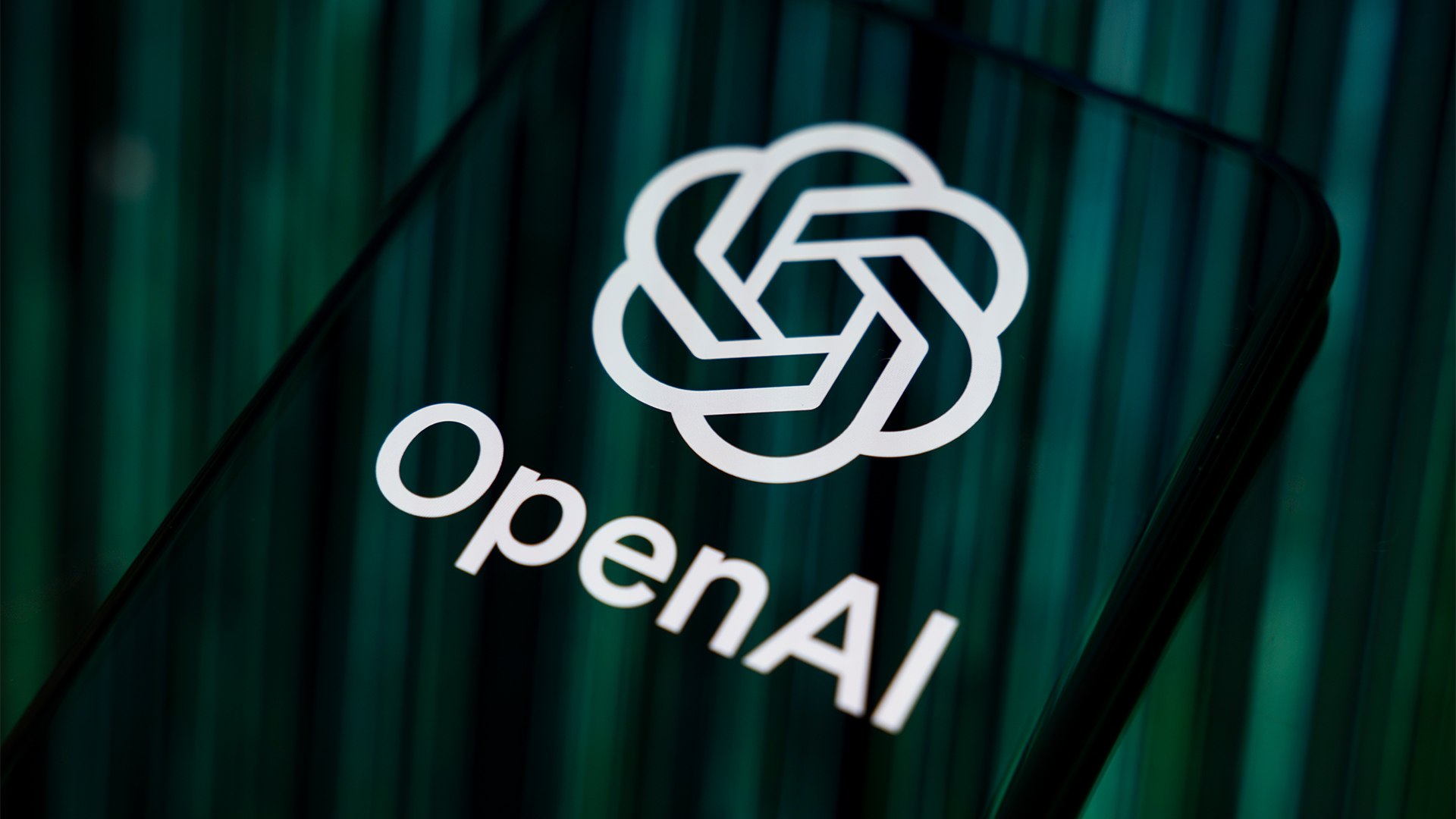 OpenAI says GPT-5.2-Codex is its ‘most advanced agentic coding model yet’ – here’s what developers and cyber teams can expect
OpenAI says GPT-5.2-Codex is its ‘most advanced agentic coding model yet’ – here’s what developers and cyber teams can expectNews GPT-5.2 Codex is available immediately for paid ChatGPT users and API access will be rolled out in “coming weeks”
-
 OpenAI turns to red teamers to prevent malicious ChatGPT use as company warns future models could pose 'high' security risk
OpenAI turns to red teamers to prevent malicious ChatGPT use as company warns future models could pose 'high' security riskNews The ChatGPT maker wants to keep defenders ahead of attackers when it comes to AI security tools
-
 Some of the most popular open weight AI models show ‘profound susceptibility’ to jailbreak techniques
Some of the most popular open weight AI models show ‘profound susceptibility’ to jailbreak techniquesNews Open weight AI models from Meta, OpenAI, Google, and Mistral all showed serious flaws
-
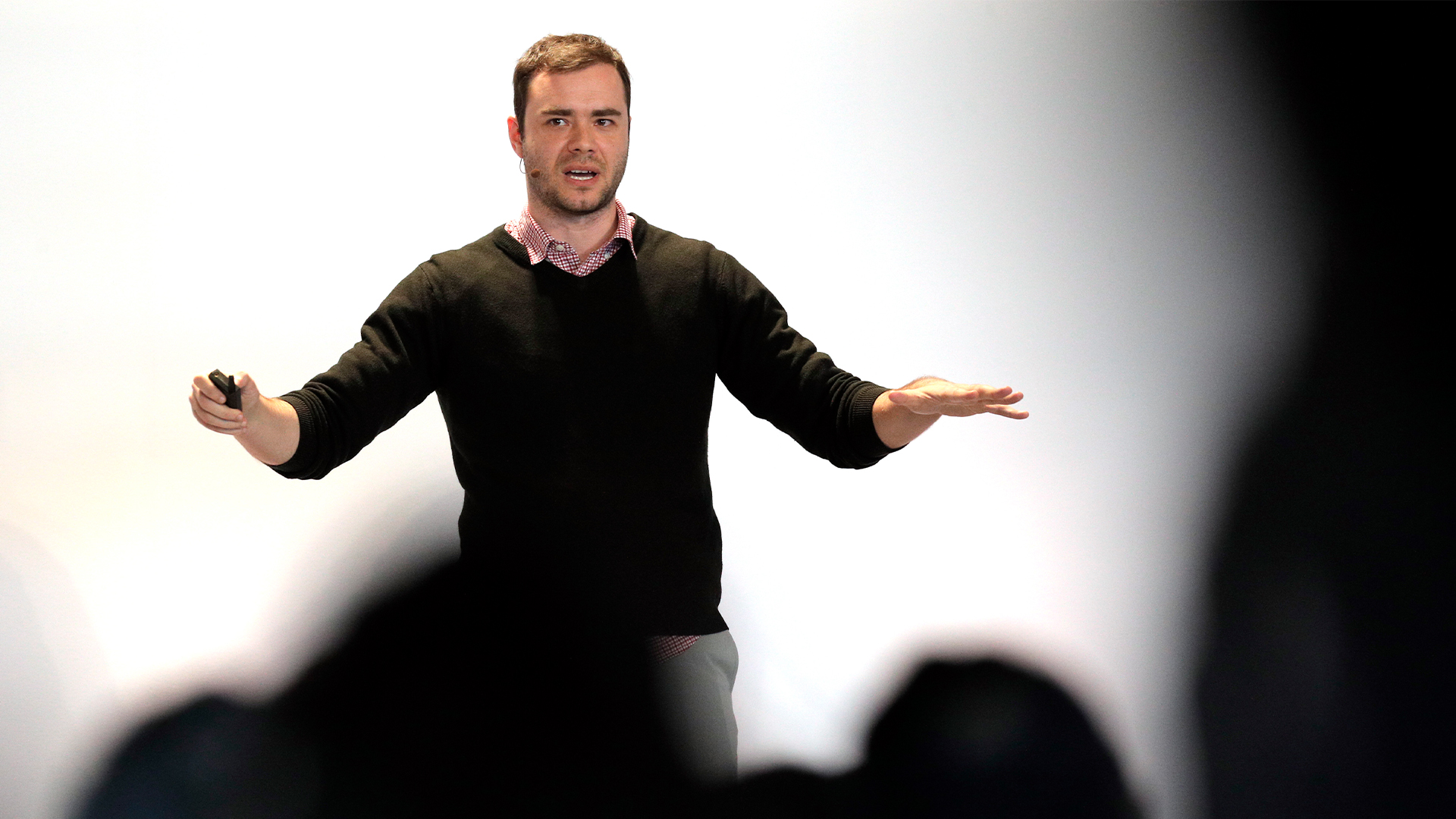 'It's slop': OpenAI co-founder Andrej Karpathy pours cold water on agentic AI hype – so your jobs are safe, at least for now
'It's slop': OpenAI co-founder Andrej Karpathy pours cold water on agentic AI hype – so your jobs are safe, at least for nowNews Despite the hype surrounding agentic AI, OpenAI co-founder Andrej Karpathy isn't convinced and says there's still a long way to go until the tech delivers real benefits.
-
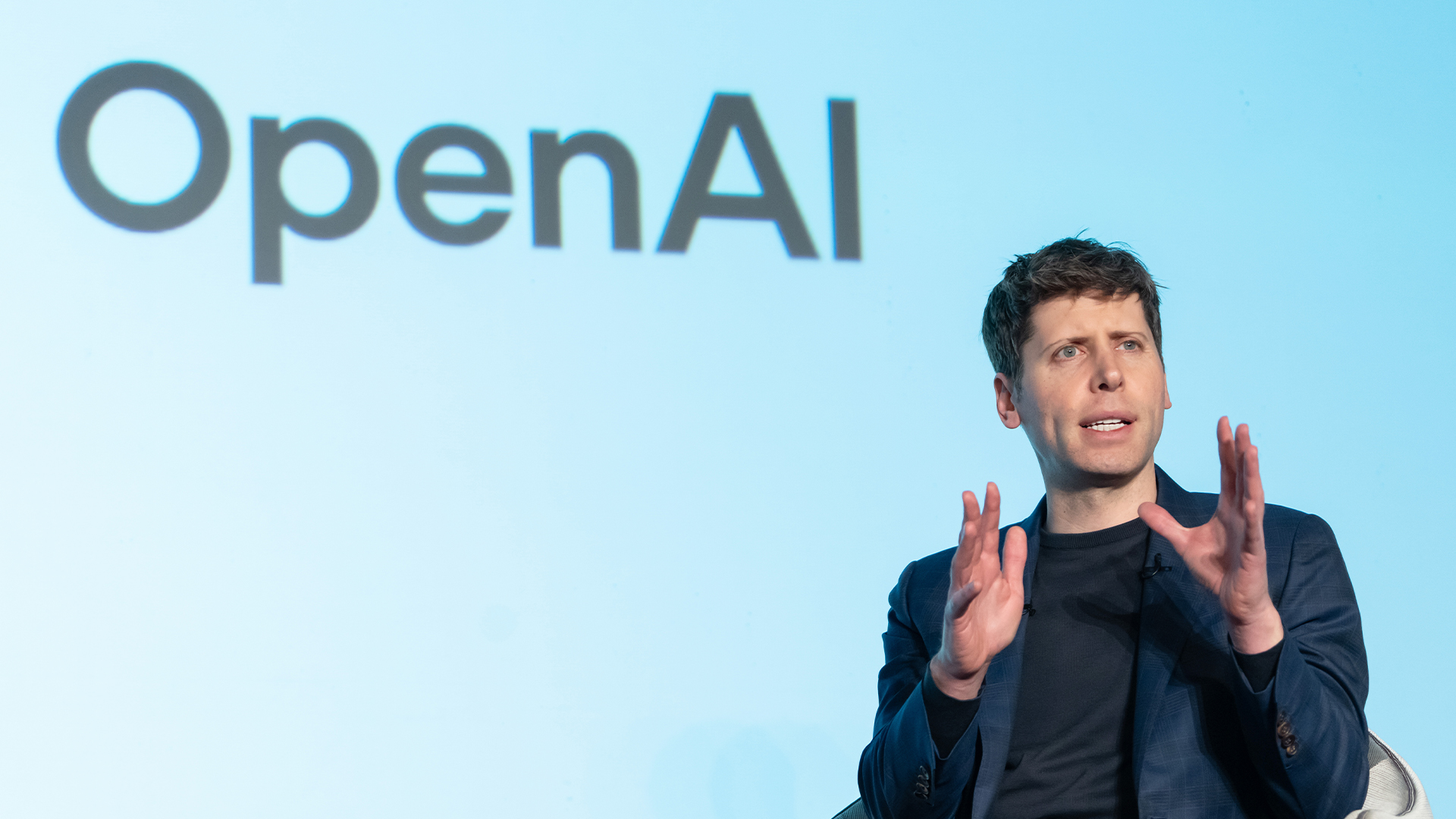 OpenAI signs another chip deal, this time with AMD
OpenAI signs another chip deal, this time with AMDnews AMD deal is worth billions, and follows a similar partnership with Nvidia last month
